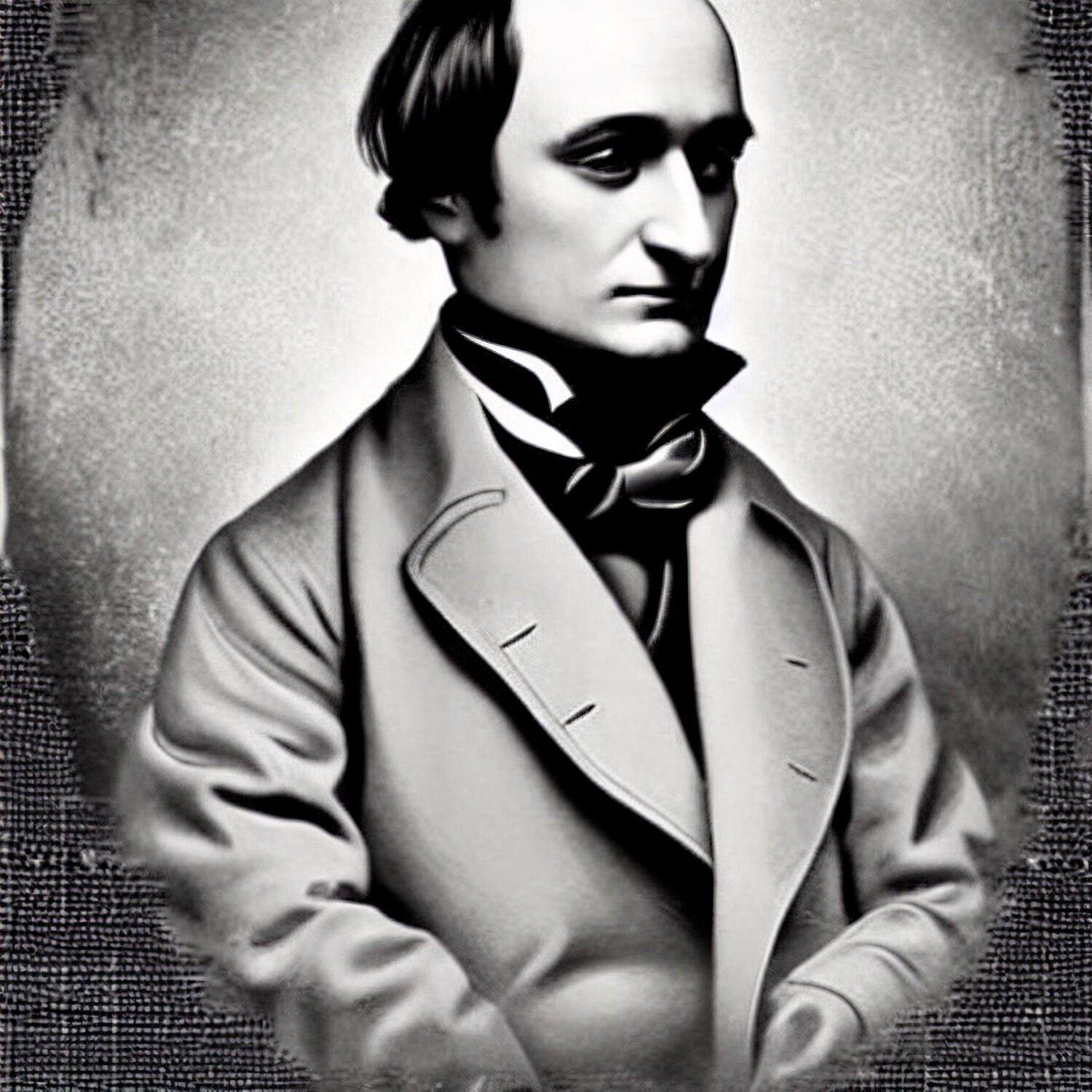Charles Baudelaire was a French poet, critic, and translator who is widely regarded as one of the most influential figures of the 19th century. He is remembered for his penetrating insights into modernity, his innovative use of poetic structure, and his groundbreaking works on aesthetics and philosophy. Baudelaire’s work spanned numerous genres, including poetry, prose, and drama. He was also a prolific art critic whose critiques influenced many artists of his era.

In addition to being a celebrated writer, Charles Baudelaire was also an important thinker in his own right. His writings explored topics such as religion, morality, politics, love and death. His writings questioned conventionality and highlighted the absurdity of life in the modern age. Baudelaire sought to find beauty in all things—sometimes even in the ugliest aspects of society—showing that everything has its purpose and can be appreciated from its own perspective.
Charles Baudelaire was born on April 9th 1821 in Paris and died on August 31st 1867 from complications arising from syphilis. Although he did not receive much formal education – attending only two boarding schools which he hated – he had a voracious appetite for books which drove him to self-study throughout his life.
Baudelaire’s first collection of poems “Les Fleurs du Mal” caused immense scandal when it was published in 1857 due to its controversial themes – particularly sexuality – but it is now hailed as one of the greatest works ever written in French literature. It displayed an uncompromisingly honest view on modern society that shocked many at the time but continues to inspire today’s readers with its beauty and insight into human nature.
He wrote several other collections of poetry during his lifetime including “Le Spleen de Paris” (1869) and “Les Épaves” (posthumously published). He also published pioneering essays on aesthetics such as “The Painter of Modern Life” (1863) which profoundly shaped artistic styles well into the 20th century.
Although Charles Baudelaire lived a difficult life plagued by poverty, ill health and personal strife; today he is remembered as one of France’s most iconic literary figures who continues to shape our understanding of art and beauty through his profound writing talent.























